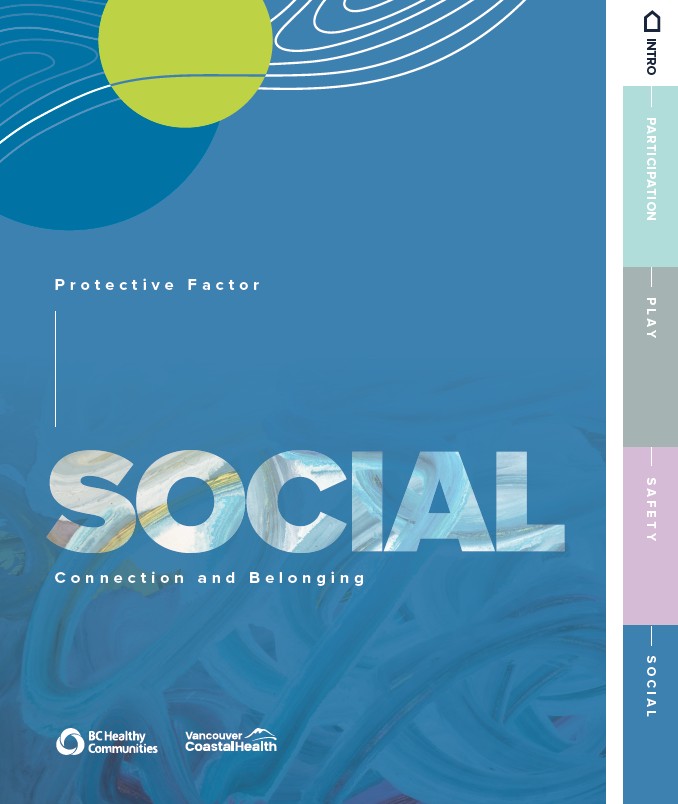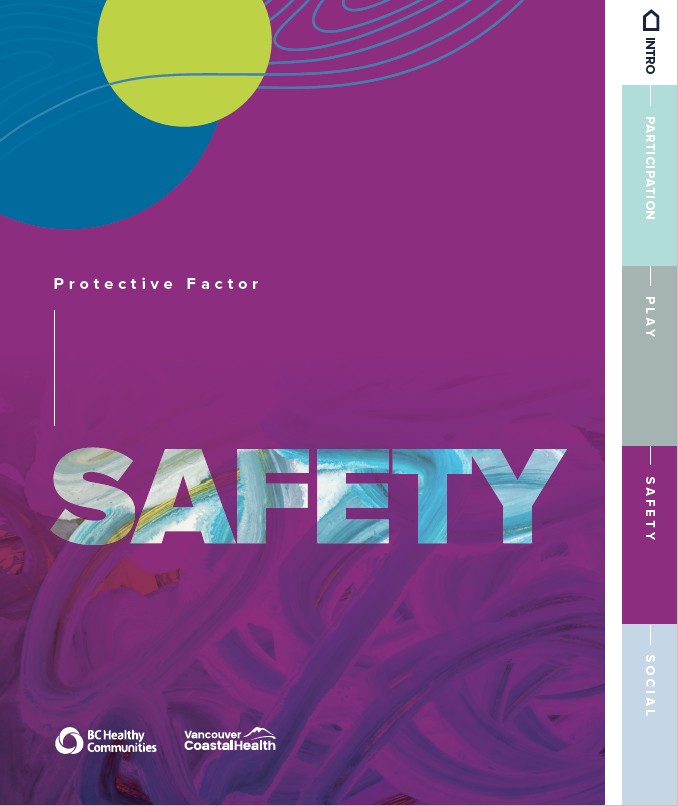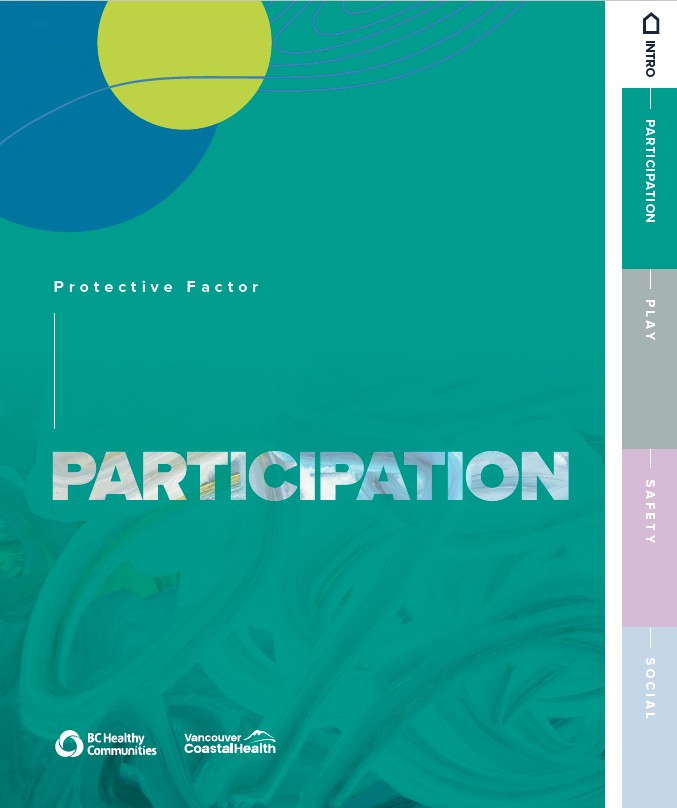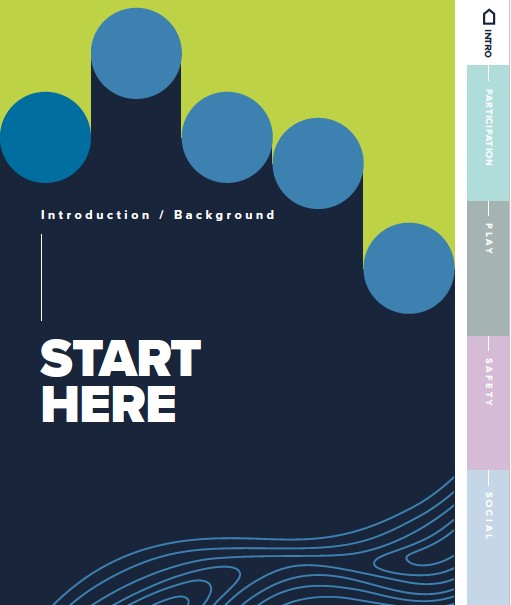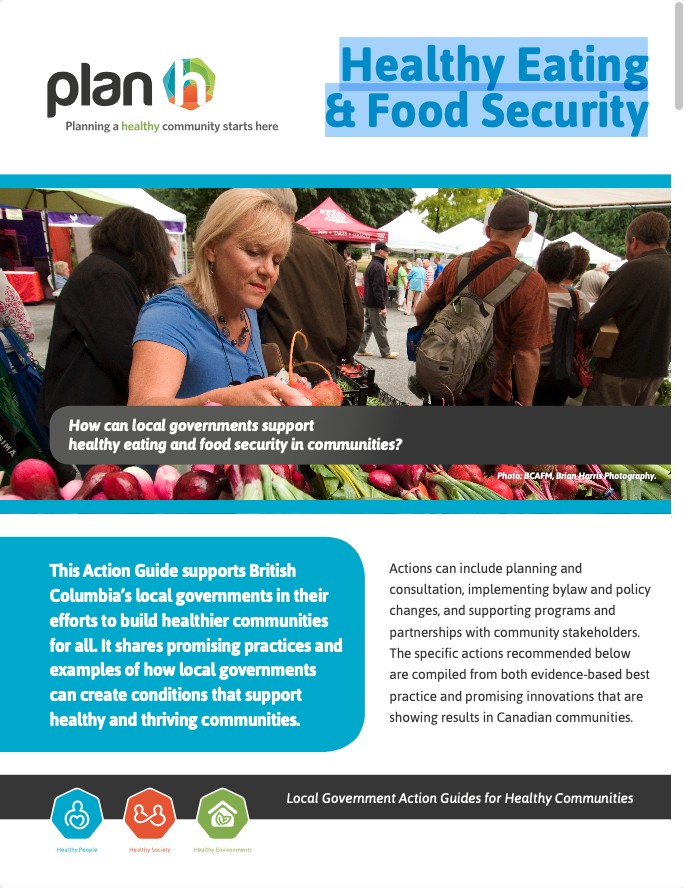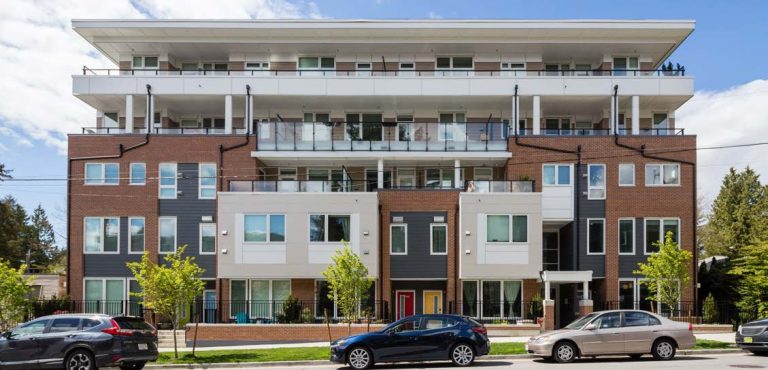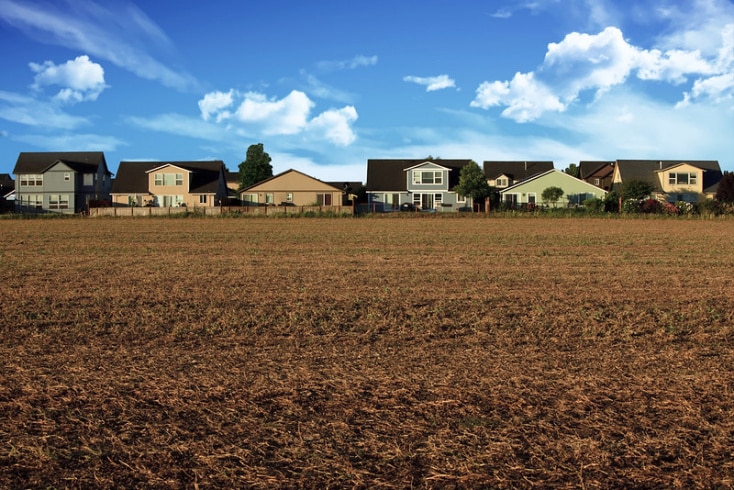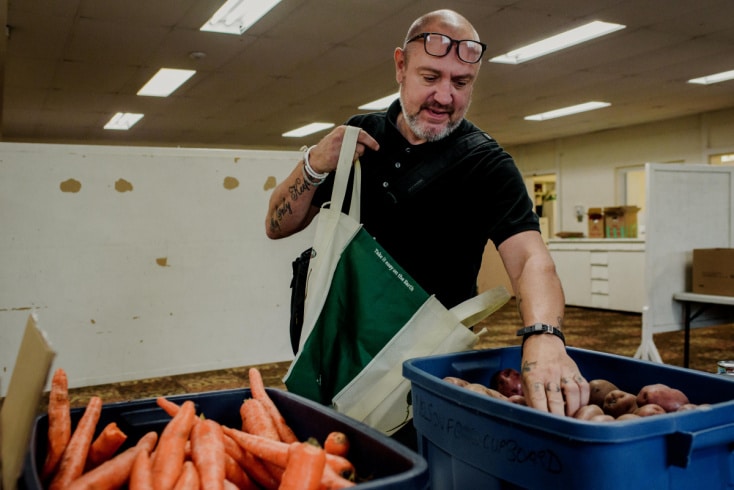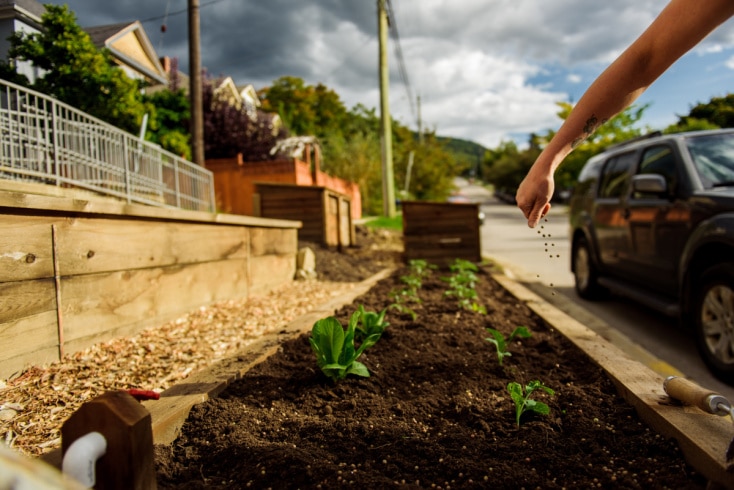Social connection and belonging – Child and Youth Mental Well-Being Resources
Relationships are one of the strongest predictors of children’s well-being throughout life. Studies have also found that a strong sense of belonging is associated with high self-rated mental health, even when controlling for geography and socio-economic status. Local governments can strengthen social connectedness and belonging for young people through initiatives that enable neighbourhood social cohesion,…

